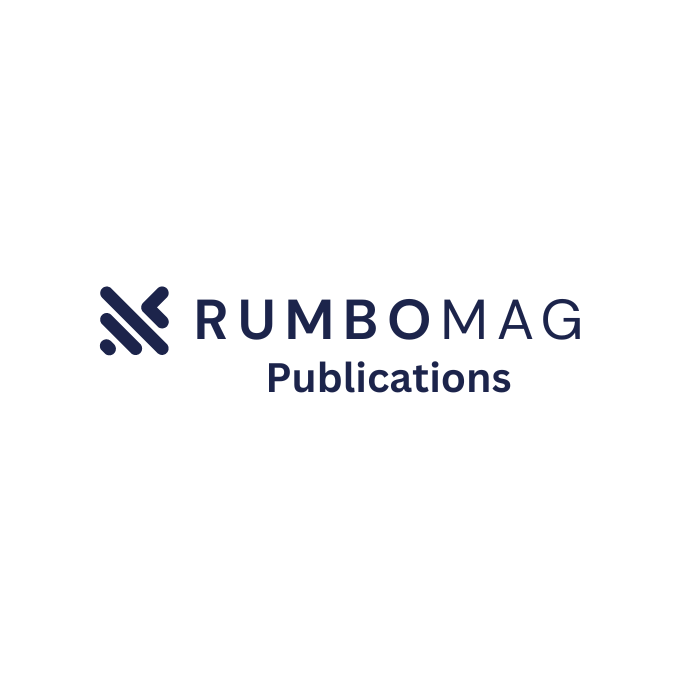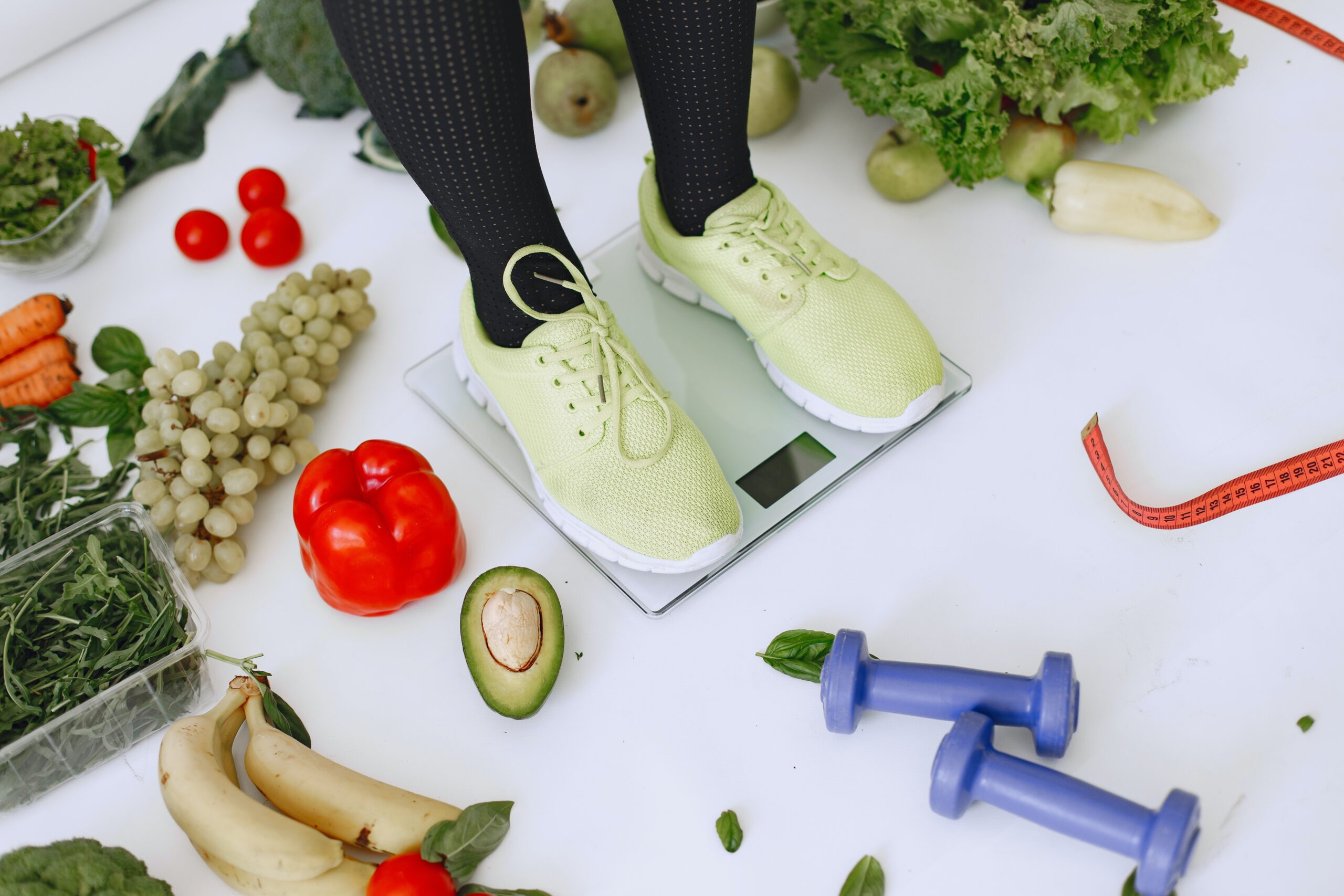
Diet plan for weight loss
For women trying to gracefully transition through the final stages of life, the number of food options is dizzying – and not all of them are healthy. Many women over 50 seek out diets to support heart or brain function, help control menopausal symptoms, or improve their overall health.
The diets featured in this article were chosen based on the following criteria:
Easy to follow. Far from offering clear guidelines and simple shopping lists, the diet contains no supplements.
Adaptable. You can make modifications based on your particular preferences and nutritional needs.
Not too restrictive. You won’t need to exclude large food groups from your diet.
Nutritionally balanced. You’ll be eating a fullness of healthy fats and proteins, as well as quality sources of carbohydrates and micronutrients.
Evidence-based. Scientific studies confirm the health benefits of the diet. (For more information)
To meet your needs, here are the 5 best diets for women over 50.

1. Best All Categories: The Mediterranean Diet
The Mediterranean diet is consistently rated as one of the healthiest eating habits for almost everyone, including women over 50.
Based on the eating habits of people in Greece and southern Italy in the 1960s, this diet is characterized by its low-fat content. It primarily includes vegetables, legumes, fruits, nuts, and whole grains, and olive oil is the main source of added fat (Read More).
Although the Mediterranean diet is generally culturally rooted, it also includes moderate amounts of fish and dairy products, as well as small amounts of eggs, flesh, and red meat. Decades of exploration show that this diet reduces your risk of common age-related diseases like heart disease, diabetes, cancer, and internal decline (Learn More).
One study also linked the Mediterranean diet to a 30% reduction in the risk of weight gain in peri- and postmenopausal women (Read More).
The Mediterranean diet surpasses many other popular diets due to its rigidity. No food or food group is off limits — indeed, sweets and red wine are allowed sparingly.
2. Better for heart health, the DASH diet
According to the Centers for Disease Control and Prevention (CDC), heart disease is one of the leading causes of death for women over 50 (Read More).
Additionally, rates of high blood pressure — a major threat factor for heart disease — rise dramatically after the onset of menopause (Read More).
The DASH (Dietary Approaches to Stop Hypertension) diet is designed to help and treat high blood pressure, also known as hypertension (Read More).
It is characterized by its low sodium content and its emphasis on foods rich in calcium, potassium, and magnesium, which are known to help lower blood pressure. Sodium restrictions vary depending on your particular needs. While some people limit their sodium intake to no more than 300 mg per day, others go as high as 500 mg. Both numbers are in line with the American Heart Association’s sodium recommendations (Read More).
The DASH diet includes mostly vegetables, fruits, and low-fat dairy products, followed by moderate amounts of whole grains, legumes, nuts, seeds, fish, and meat. Red meat and sweets are generally discouraged but sometimes allowed, and processed or cured meat is prohibited.
Limiting salty and ultra-processed foods in favor of nutrient-dense whole foods offers new benefits, similar to lower cholesterol and better blood sugar control (Read More).
3. The Best Plan-Based on the Flexitarian Diet
The flexitarian diet is a semi-vegetarian diet that is usually plant-based, but sometimes includes meat, eggs, dairy, and fish (Learn More).
This dietary pattern is currently most popular among women who are reducing their meat consumption for health, animal welfare, or environmental reasons (Read more).
A flexitarian diet is a great option for anyone interested in increasing their fiber and plant protein intake who also recognizes the nutritional value of animal products and wants to eat them as directed.
An Australian study on women’s health suggested that strict insectivores are less at risk from insufficient intake of nutrients like iron and omega-3 fatty acids, which are important for women’s health (Read More).
Compared to similar strict diets, the flexitarian diet provides more iron and omega-3s from foods like red meat and fish. It also tends to be advanced in calcium – an important nutrient for maintaining bone health in postmenopausal women (Read More).
Early explorations suggest that this eating pattern offers new benefits for body weight, heart health, and diabetes prevention (Read More).
4. The Best for Brain Health, the MIND Diet
Age and sex are the main threat factors for dementia, the frequency of which is significantly lower in women than in men. In fact, about two-thirds of people with Alzheimer’s disease — the most common form of dementia — are women (Learn More).
The MIND diet was developed to reduce the threat of Alzheimer’s disease and other types of age-related mental decline. MIND is the acronym for “Mediterranean-DASH Intervention for Neurodegenerative Delay”. “As the name suggests, it combines elements of the Mediterranean and DASH diets that have been shown to support brain health.
It emphasizes foods like whole grains, berries, leafy greens, beans, olive oil, and fatty fish. Fried foods, red meat, butter, cheese, and sweets are discouraged.
Several studies have established that the MIND diet reduces the threat of dementia. While people who follow the diet have almost the most reduced risk, in fact, those who separate only relatively may still witness a slower rate of mental decline (Learn More).
5. Best for Women Tired of Overeating Intuitive Eating
Still, intuitive eating can be the perfect solution, if you’ve tried countless diets and are ready to eliminate that overeating cycle for good.
Habitual restrictive overeating can lead to a variety of adverse effects, including bone loss, rebound weight gain, eating disorders, and decreased quality of life (Read More).
Intuitive Eating is an anti-dieting program designed to reform your food intelligence and establish a positive relationship with your body and the foods you eat. It was created by dietitians who claim that habitual overeating causes physical and brain damage. Intuitive eating includes 10 fundamental principles based on generalities such as making peace with food, recognizing your health, and managing your feelings without using food.
No foods are off limits and there are no rules regulating portion sizes or timing of damage.
Rather, it is about helping you relearn how to listen to your body’s natural signals of hunger and fullness so that you are no longer dependent on a particular diet for mental or physical sustenance. A recent study linked intuitive eating to better brain health and a reduced risk of eating disorders (Read More).
New exploration suggests that those who follow this plan are more likely to maintain a healthy weight, but it’s worth noting that weight loss isn’t the thing (Read More).
How to choose the best diet for women over 50 The best diet is the one you can maintain for the long term – and it may not look like the best diet for your friend, or family if you are a woman over 50 Your diet should include foods you love, help you feel stylish, and provide all the nutrients your body needs.
When choosing between the plans on this list, consider your particular needs. Again, go for the DASH diet, if your main goal is to lower your blood pressure. However, try intuitive eating if you want to focus on maintaining tone and a healthy relationship with food.
How to choose the best diet for women over 50
If you’re a woman over 50, the best diet is one that you can maintain for the long term – and it might not be the best diet for your friend, sister, or neighbor.
Your diet should include foods you like, help you feel better, and provide all the nutrients your body needs.
When choosing between the diets on this list, consider your personal needs.
If your main goal is to lower your blood pressure, go for the DASH diet. If you want to focus on self-care and a healthy relationship with food, try intuitive eating. If you’re simply aiming for a healthier, more balanced diet, Mediterranean or flexitarian diets may be best.
You may notice that the above diets overlap considerably. Each emphasizes nutrient-dense, minimally processed foods high in vitamins, minerals, fiber, healthy fats, lean proteins, and antioxidants — all of which are key factors for any diet you’re considering.
Women over 50 should pay close attention to their intake of specific nutrients, such as calcium, vitamin D, protein, and B vitamins. If you think you are not getting enough of these nutrients, simple Dietary adjustments or supplements may be warranted (Read More).
Remember that you don’t need to drastically change your diet. Small, incremental steps can still yield significant health benefits, even if you don’t follow your chosen eating pattern perfectly.
Before making major changes to your diet or adding supplements to your routine, check with your healthcare provider to make sure they meet your needs.










1 Comment
Comments are closed.